COP26: Four female change-makers talk next steps in tackling the climate crisis
In partnership with Volvo
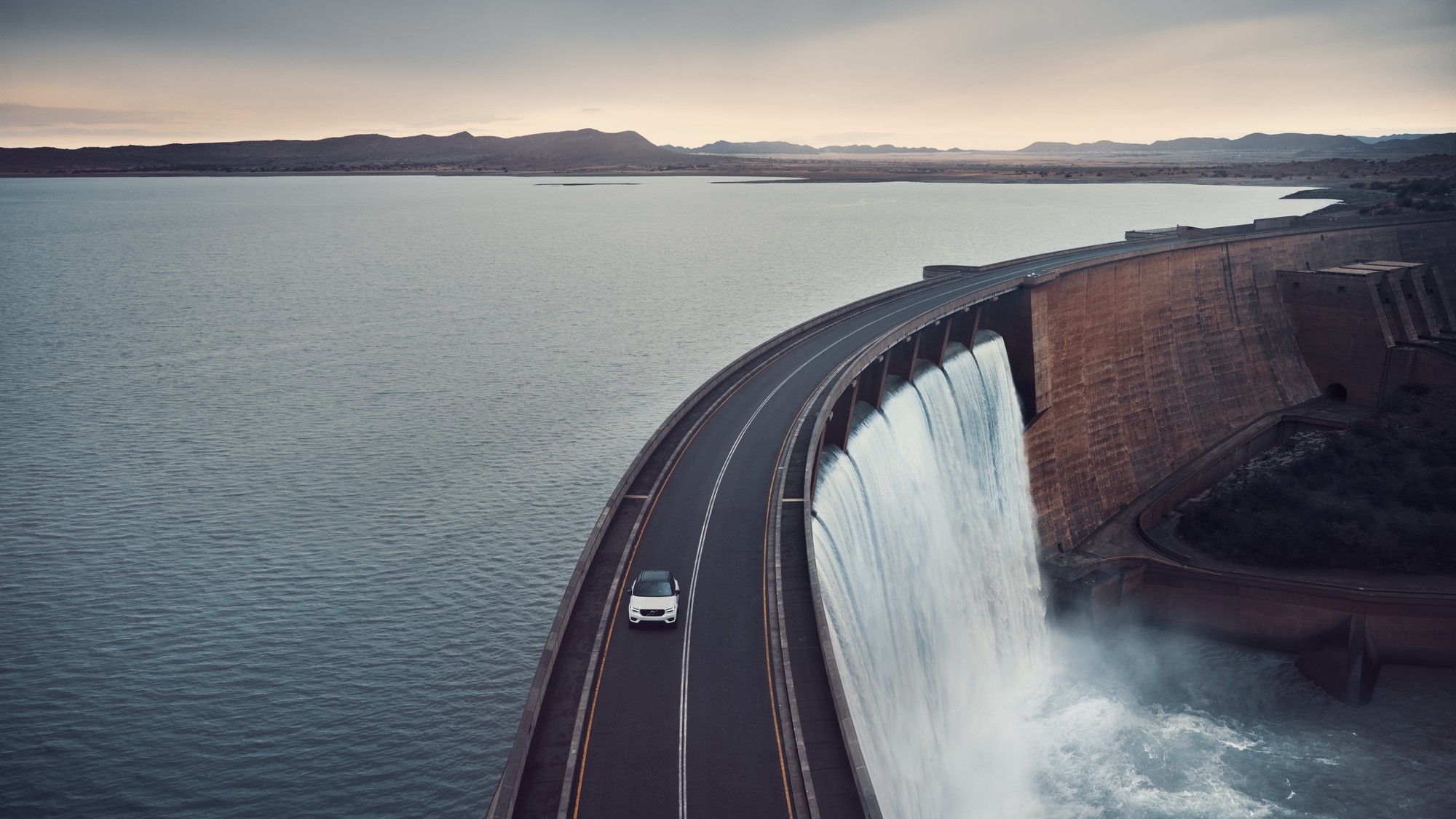
In partnership with Volvo
With wildfires, floods, droughts and storms ravaging parts of the globe this summer, the UN’s IPCC report finding that the impact of greenhouse gases is now ‘unavoidable’, and the UN secretary general Antonio Guterres calling it a ‘code red for humanity’, it is no longer a question of how we prevent climate change, but how we mitigate its worst effects.
COP26, which kicked off this week in Glasgow, is one of the most important global events many of us will witness in our lifetimes.
Bringing together more than 120 world leaders, as well as 25,000 delegates from 197 countries, it is the biggest diplomatic event on British soil since the second world war, and a crucial decider of what happens next when it comes to tackling the climate crisis on a global scale.
So just what do we hope will come of the 12-day conference, which will see everyone from Greta Thunberg to Marie Claire UK's Editor-in-Chief Andrea Thompson descend on Scotland?
In the latest chapter of our 33-year history of reporting on the climate crisis, Andrea worked with Volvo Car UK to bring together four brilliant women, from four discrete industries, to find out how we make the climate conversation more inclusive, what we stand to gain from COP26, and where on earth we go from here when it comes to tackling this code red crisis.
Key takeaways from Marie Claire’s COP26 panel discussion, in partnership with Volvo
Women need greater space at the table
“Women and marginalised communities are the most vulnerable to the consequences of the climate crisis,” says Marissa Conway, Co-Founder and UK Executive Director of the Centre for Feminist Foreign policy. “It’s a very gendered thing. We know women have less access to land, resources, and decision making – all of these things make it really difficult to navigate the fallout of climate change.”
So just how is COP26 redressing this balance?
“One of the key things that COP has committed to is gender mainstreaming, which basically means that gender is considered at every point in decision making,” says Marissa. Though, she admits, that this is just one small step in tackling a much bigger problem.
“Women’s representation in government is another hugely important part of this. We need more women involved in decision making positions, and not just included in delegations, but included in positions of leadership.” Here here.
Social media matters
“Social media is a very powerful tool,” says Volvo Car UK advocate, sustainable influencer and ecological gardener, Poppy Okotcha. “But as with all powerful tools, there is a flip side. [Social media] has an incredible ability to spread information and ideas to demographics of people who would typically be disengaged from those conversations, [giving them] a format that they can digest and that’s accessible to them.”
Poppy – who will soon be releasing, in partnership with Volvo, her own Instagram TV series exploring how some of the UK’s most amazing gardens and outdoor spaces are changing the way we think about protecting our planet – also points out that social media allows for people to witness the reality of the climate crisis in real time, through tools like Instagram stories and lives. But, she caveats: “That can create this new concept of climate anxiety, wherein a lot of people – particularly young people – are overwhelmed by this influx of information."
The solution? Well, it's just that: focusing on solutions, instead of problems.
“What is going to be really interesting – and what I really try to do – is focus on the solution. What can we do in our personal lives to make change, both on a grass roots and system change level? So far social media has mainly been a tool for spreading information. So it’s going to be really interesting to see how that may shift.”
The future is All-Electric
“A whole host of things have happened, happily, [to move electrical vehicles into the mainstream]” says leading motoring journalist, Editorial Director of Auto Trader, and regular contributor to Marie Claire UK, Erin Baker. “On the industry side of things, battery development has meant that batteries now have a longer range and are cheaper – meaning electric cars are becoming more usable for a larger percentage of the population.
“Add to that more choice – it used to be that you just had these strange little cars, or really expensive SUVs – but take a manufacturer like Volvo, which now has a whole range of electrified vehicles; whether it’s hybrid or pure electric. So consumer choice, consumer accessibility, and crucially, prices coming down and [EVs] starting to fit consumer lifestyles more [are some of the key reasons why the future looks electric].”
We’re 100% onboard for the journey.
We all have to #startsomewhere
"As a car manufacturer, we recognise that we are part of the problem and need to absolutely be part of the solution over and above our product offering," says Consumer Director of Volvo Car UK, Nicole Melillo Shaw, who was the panel's keynote speaker.
"That is why we are taking the lead and launching the ‘#ZeroOmissions’ social media campaign during COP26 to encourage transparency from other car companies and show consumers the real-life impact of owning and manufacturing an electric car."
The brand's commitment to a greener future goes well beyond its exciting COP26 campaign, though. For Volvo Cars, sustainability is as important as safety. The automotive company have made some pretty ambitious sustainability goals, including working towards a 2030 goal of only selling electric cars, and a 2040 ambition to become climate-neutral.
Not content with stopping there, the company will be launching a new electric car every year in the coming years, which are set to incorporate increased amounts of recycled materials, as well as Volvo Cars' newly crafted leather-free material, Nordico.
"As a brand, we do not see a long-term future for cars with an internal combustion engine, but we still feel it’s critical to show consumers what an electrified future looks like," Nicole adds.
Watch this space.
Celebrity news, beauty, fashion advice, and fascinating features, delivered straight to your inbox!
Kate McCusker is a freelance writer at Marie Claire UK, having joined the team in 2019. She studied fashion journalism at Central Saint Martins, and her byline has also appeared in Dezeen, British Vogue, The Times and woman&home. In no particular order, her big loves are: design, good fiction, bad reality shows and the risible interiors of celebrity houses.
-
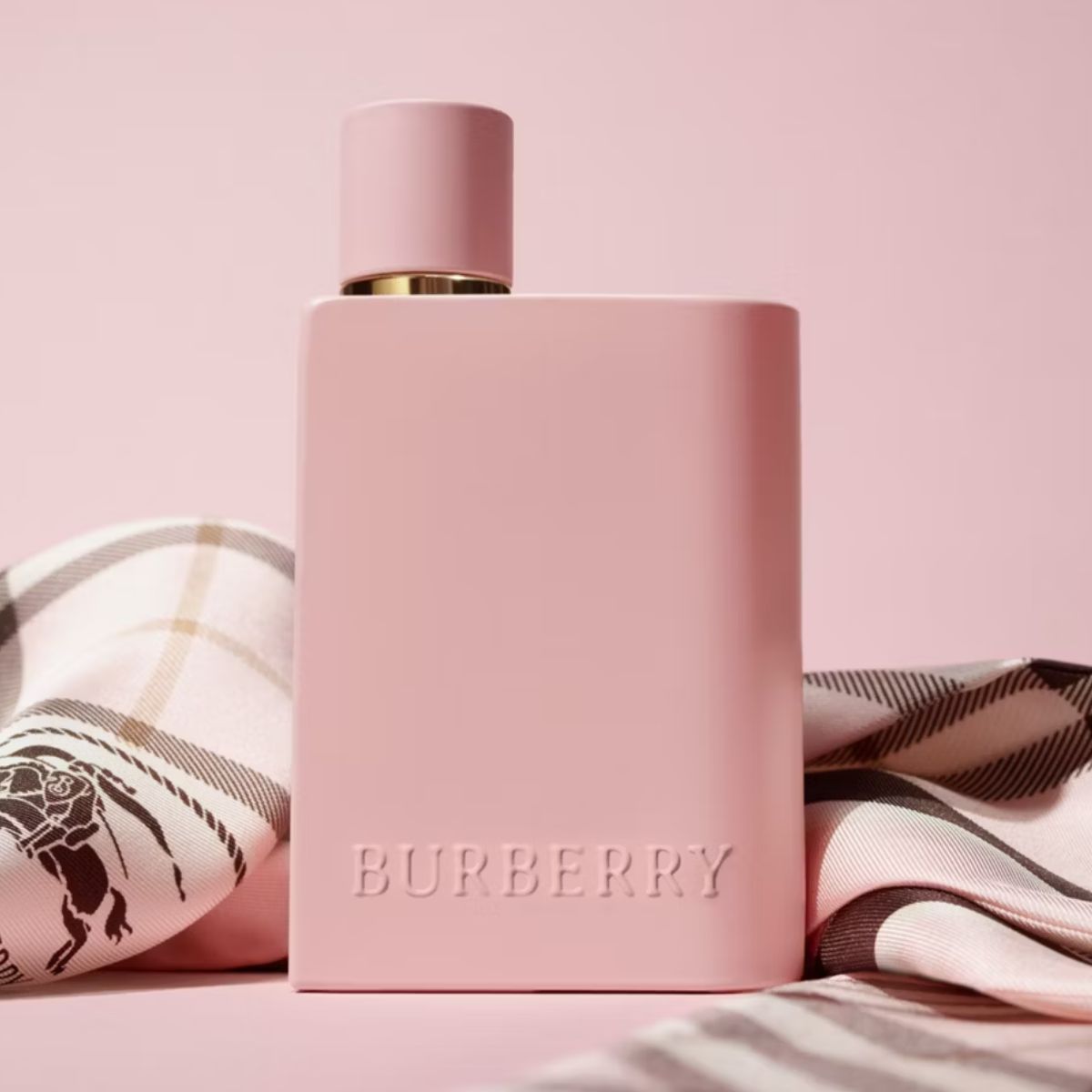 From Premium Fragrance to Affordable Skincare, I’ve Found Last Minute Valentine’s Day Gifts for Every Loved One
From Premium Fragrance to Affordable Skincare, I’ve Found Last Minute Valentine’s Day Gifts for Every Loved OneBoots' value and range can't be beaten
-
 A Major Bridgerton Season Four Filming Blunder Is Going Viral Online
A Major Bridgerton Season Four Filming Blunder Is Going Viral Online -
 Scarlett Johansson Has Become Involved in Blake Lively and Justin Baldoni’s Lawsuit
Scarlett Johansson Has Become Involved in Blake Lively and Justin Baldoni’s Lawsuit
-
 How to manage skin changes during perimenopause and menopause, according to an expert
How to manage skin changes during perimenopause and menopause, according to an expertIn partnership with Vichy
-
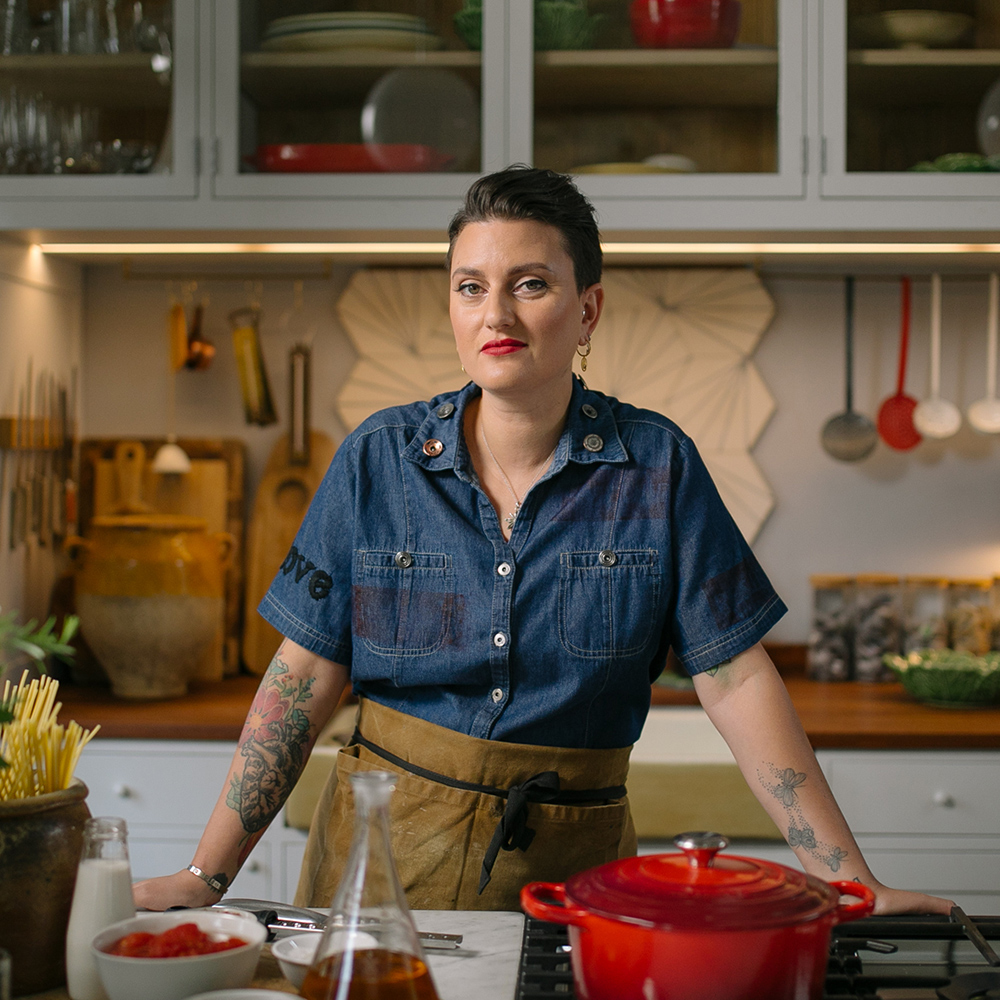 5 easy ways to eat a more plant-based diet, according to chef Bettina Campolucci Bordi
5 easy ways to eat a more plant-based diet, according to chef Bettina Campolucci Bordi -
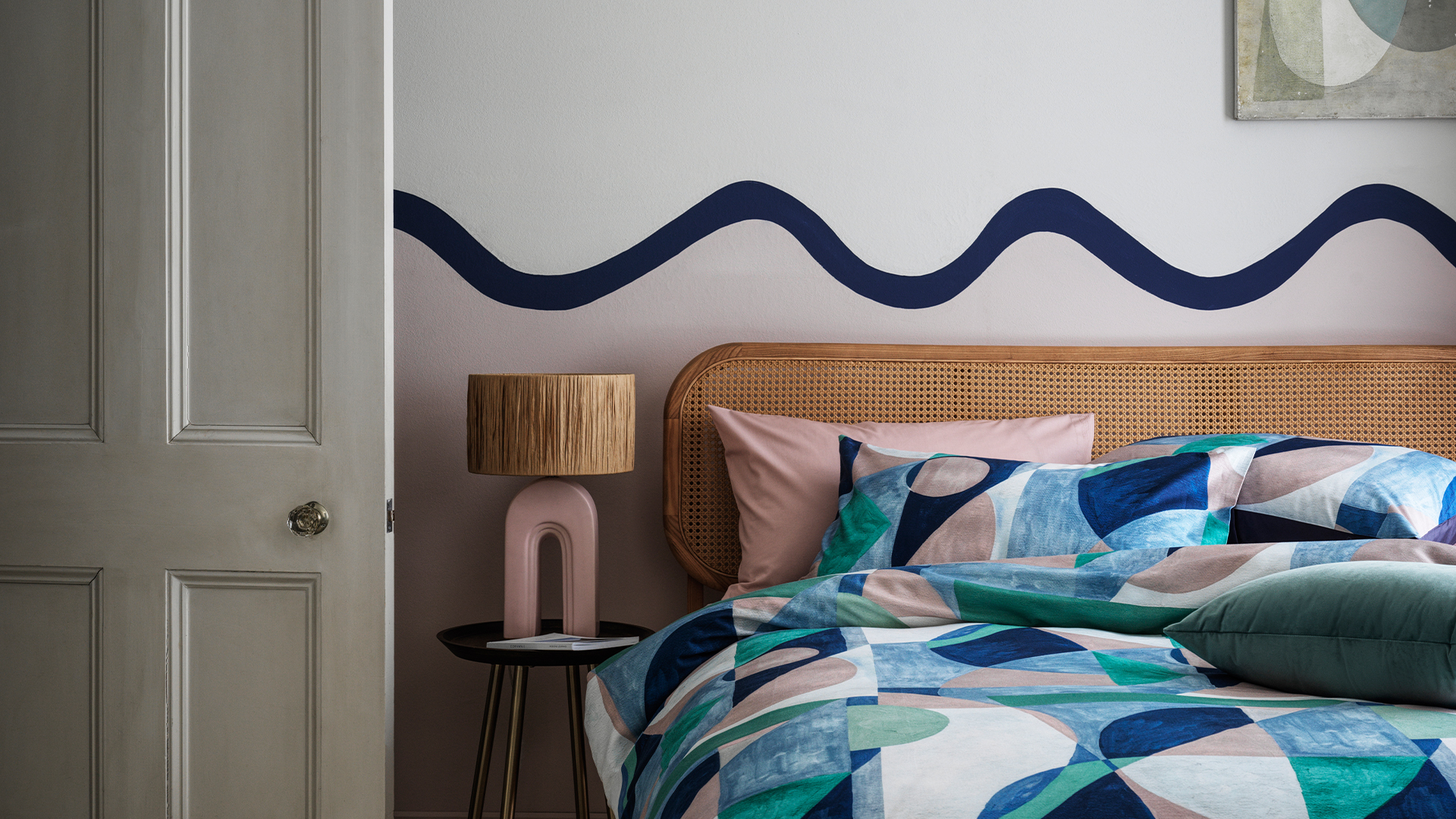 Give your home a new season glow-up with the latest autumn-winter collection from M&S
Give your home a new season glow-up with the latest autumn-winter collection from M&SPromotional feature with M&S
-
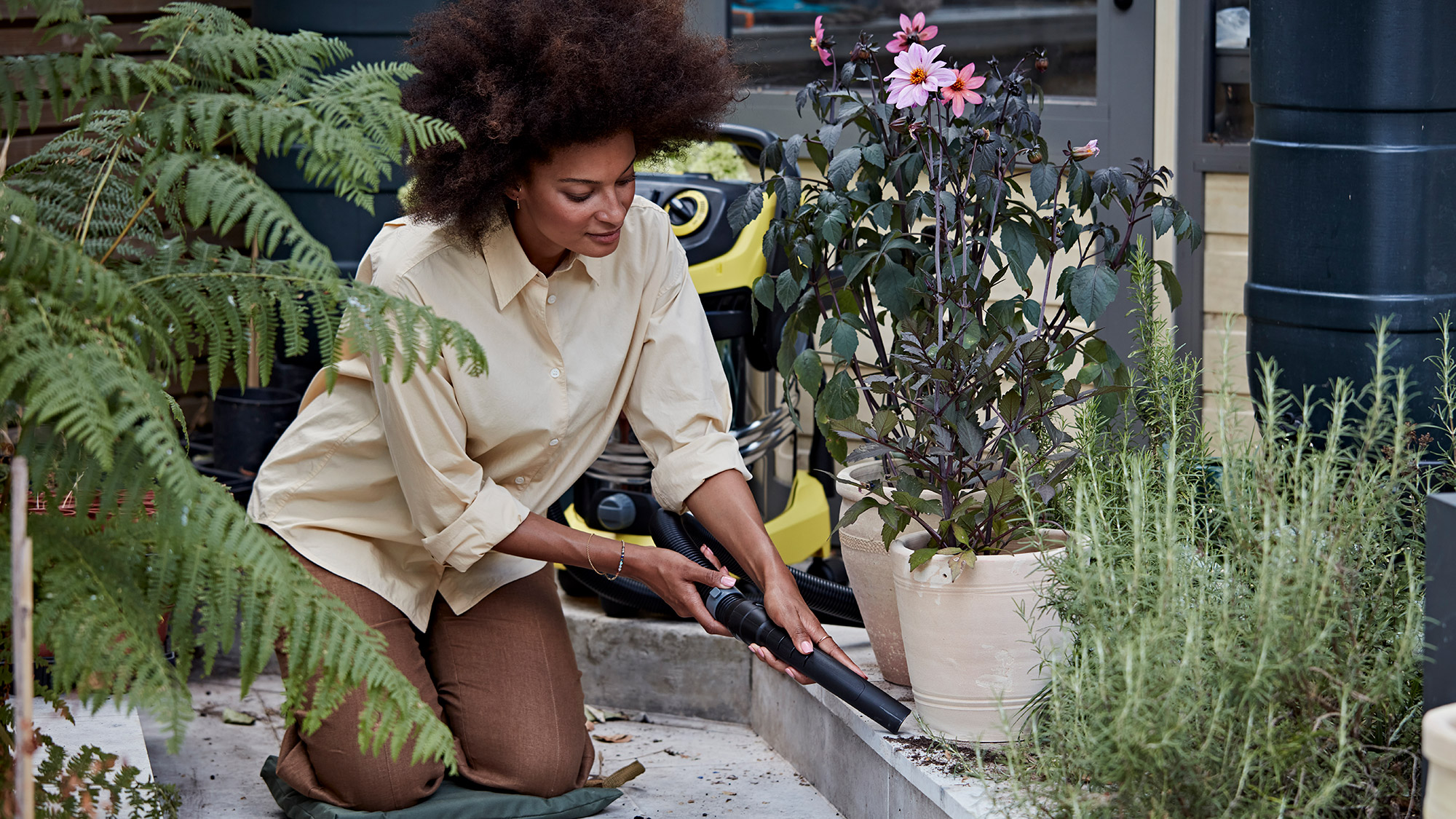 Here's how to maintain a pristine outdoor space
Here's how to maintain a pristine outdoor spaceIn partnership with Kärcher
-
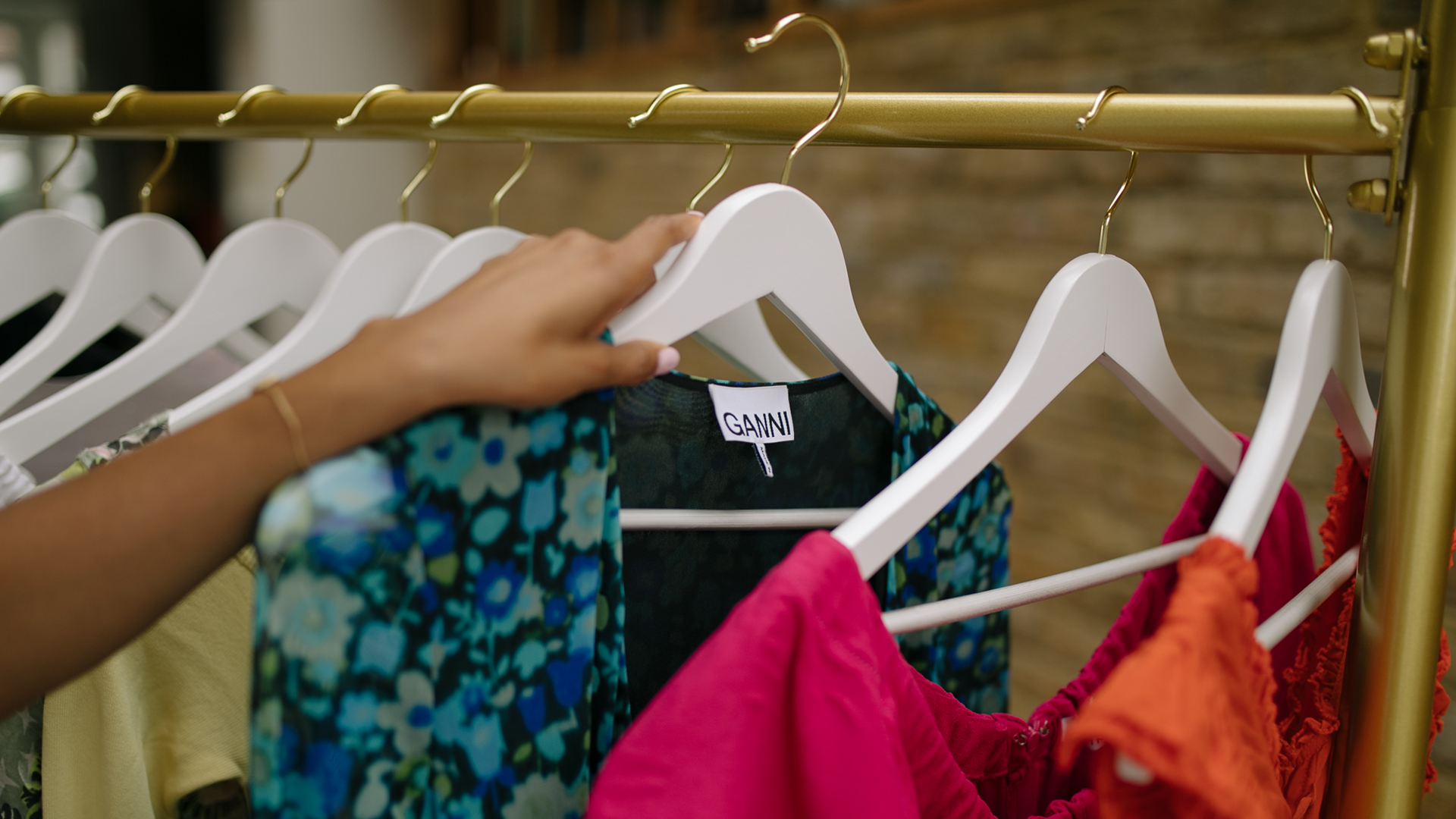 5 eco-conscious questions to ask yourself before buying something new
5 eco-conscious questions to ask yourself before buying something new -
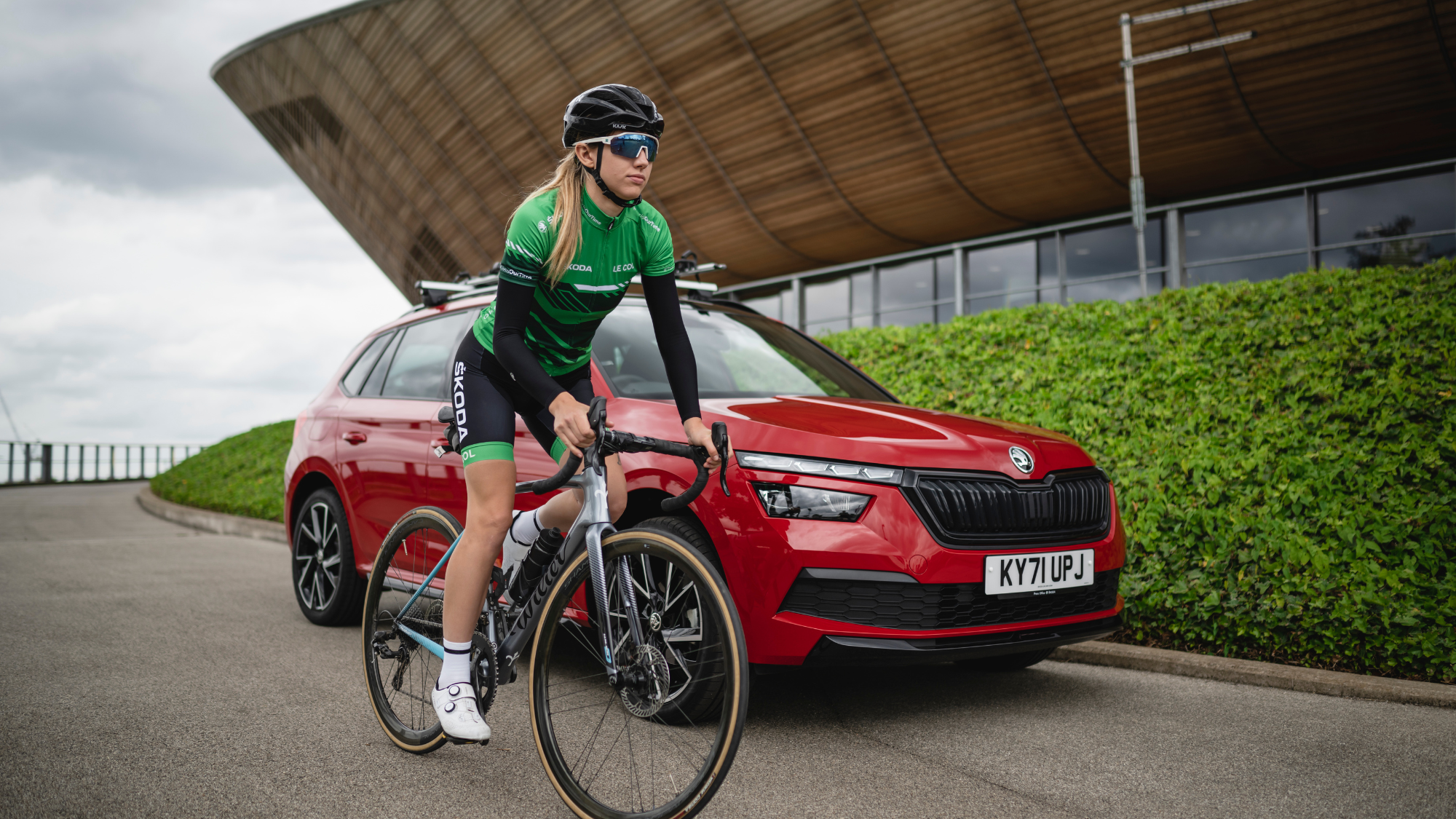 How I want to help elevate the profile of women in cycling
How I want to help elevate the profile of women in cyclingKeira McVitty on recovering from illness, YouTube and why cycling is a sport that keeps on giving
-
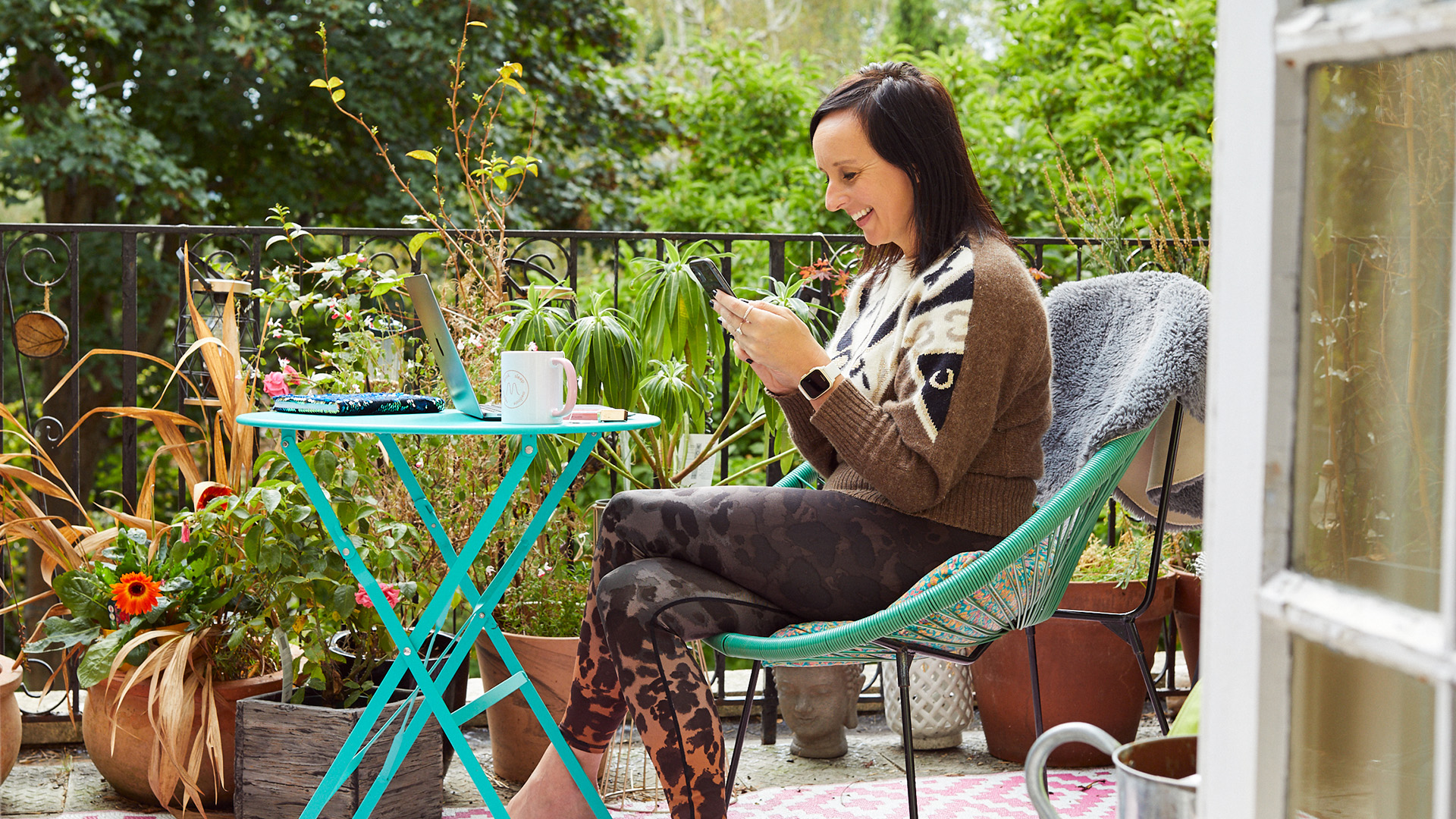 These are the key ways to go from passion to profit, straight from an expert
These are the key ways to go from passion to profit, straight from an expertIn partnership with GoDaddy
-
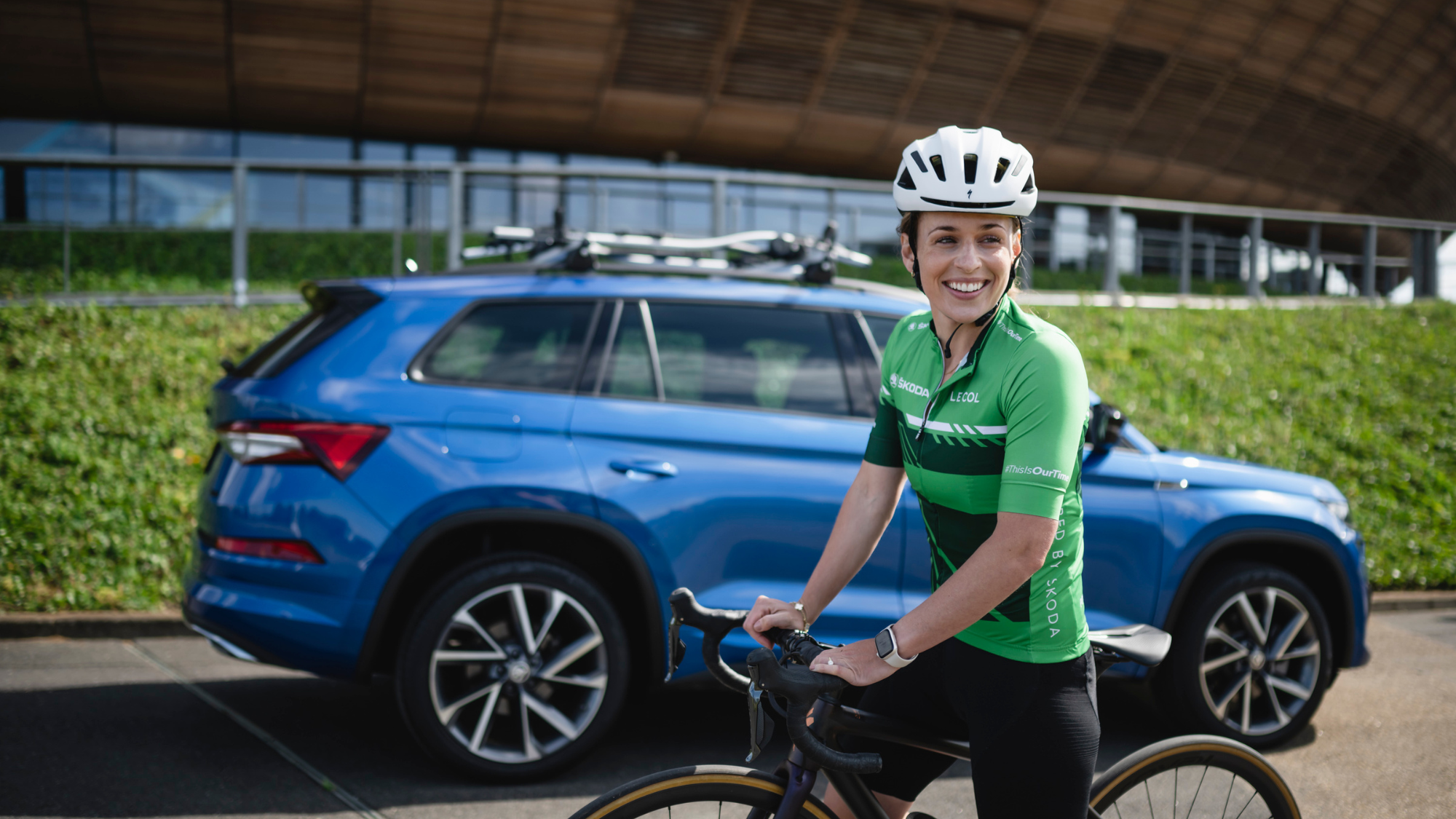 Why cycling is more than a hobby – it protects my family’s health
Why cycling is more than a hobby – it protects my family’s healthIn partnership with SKODA

